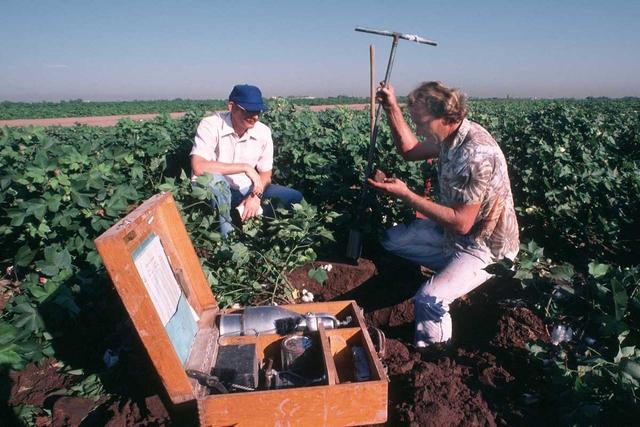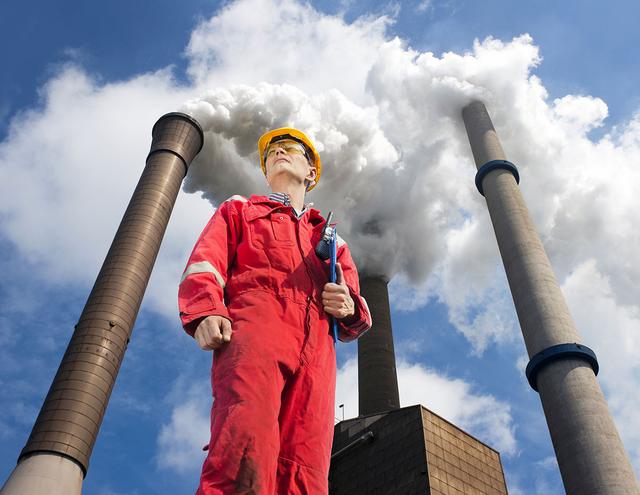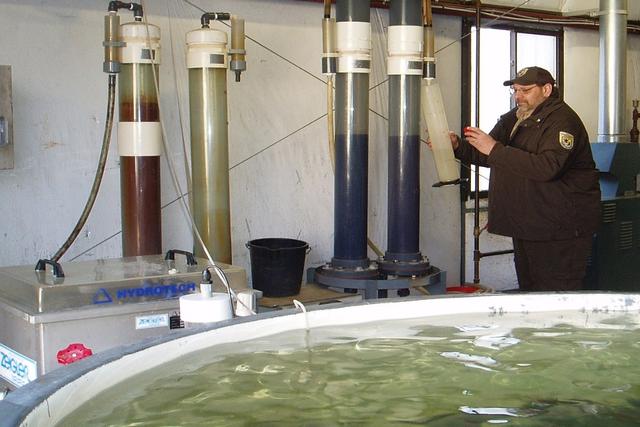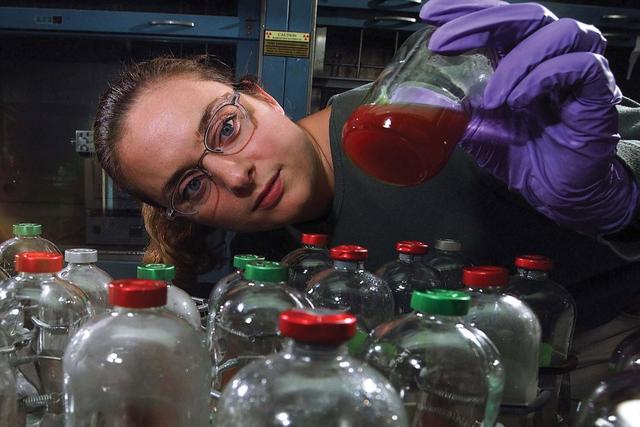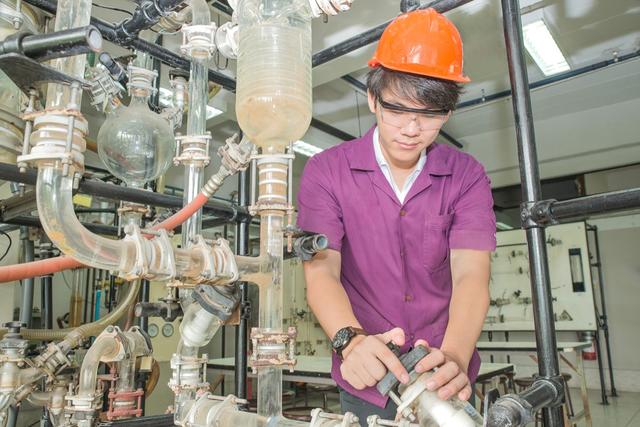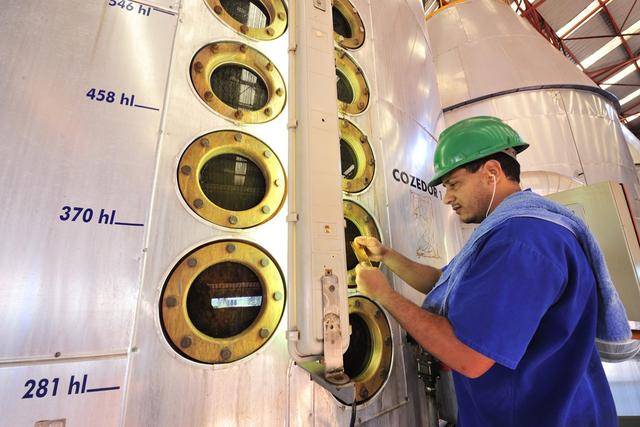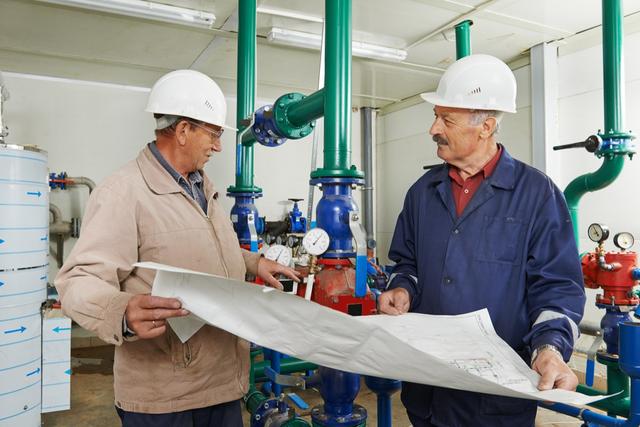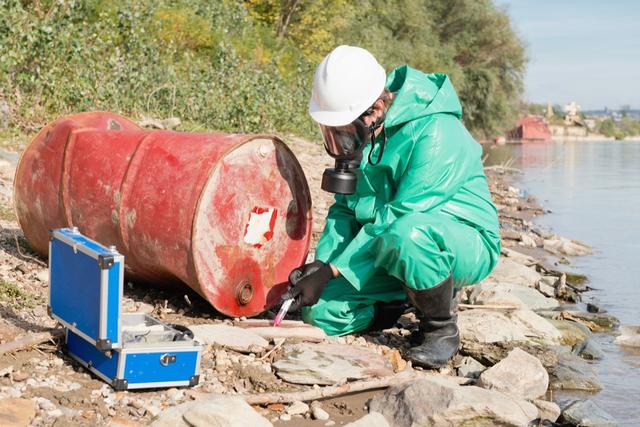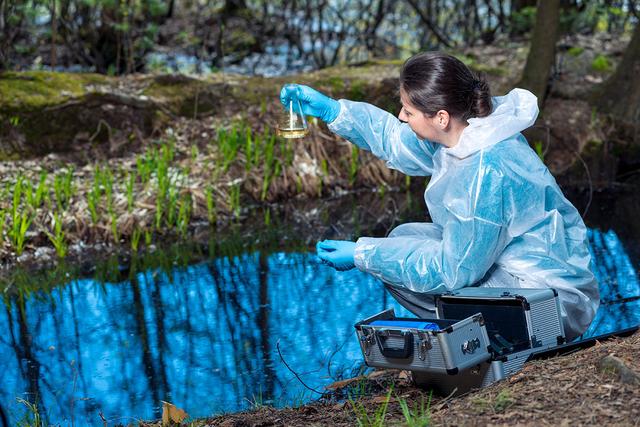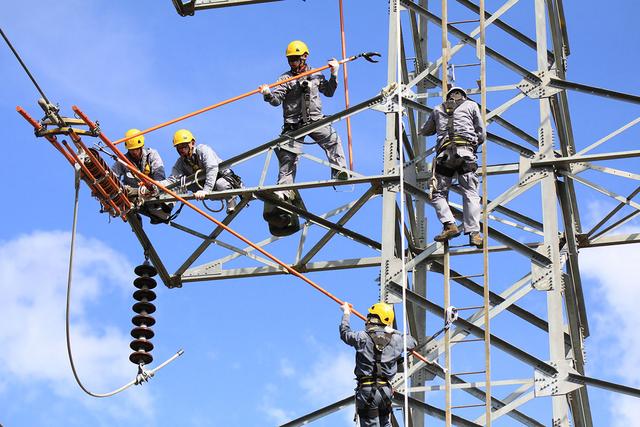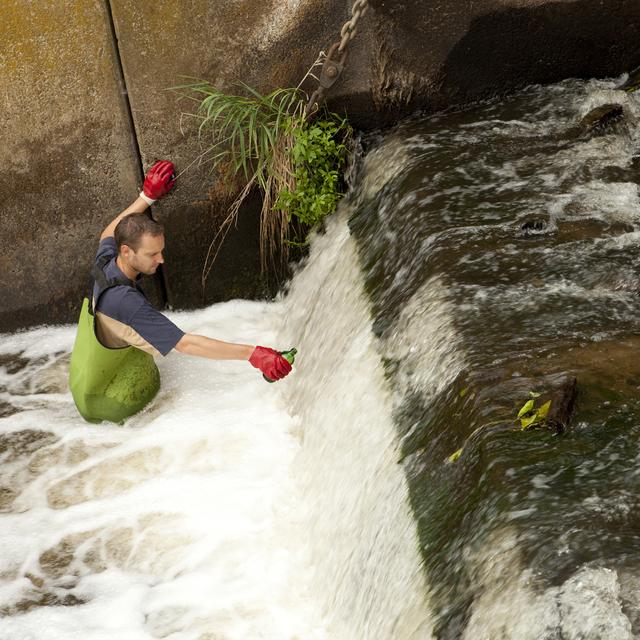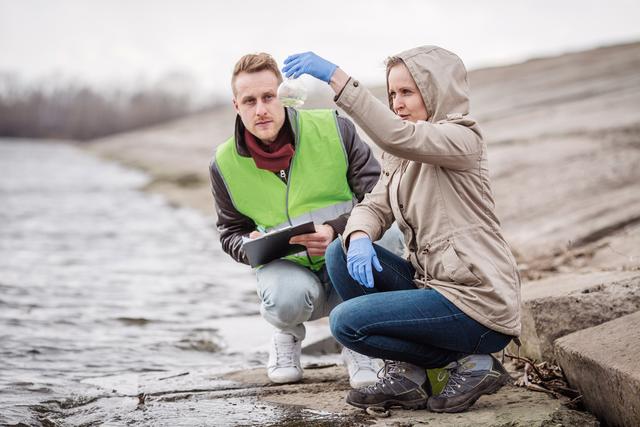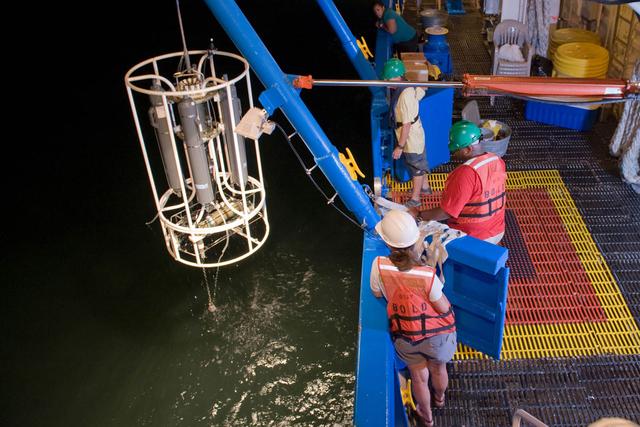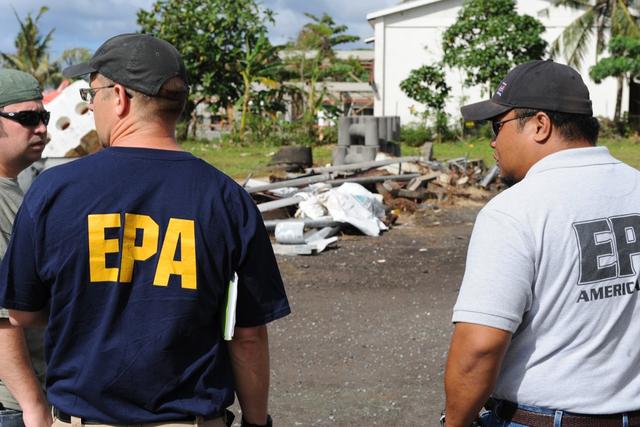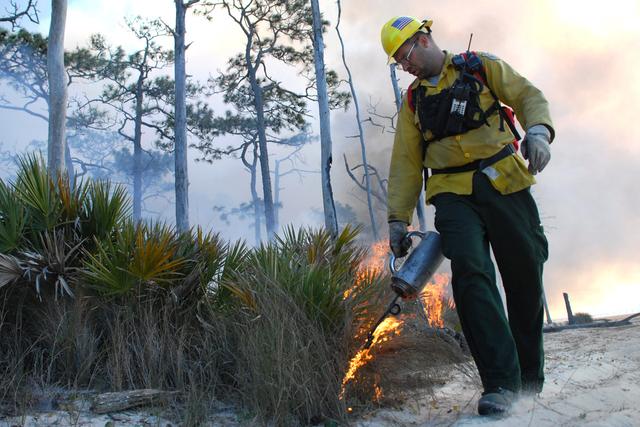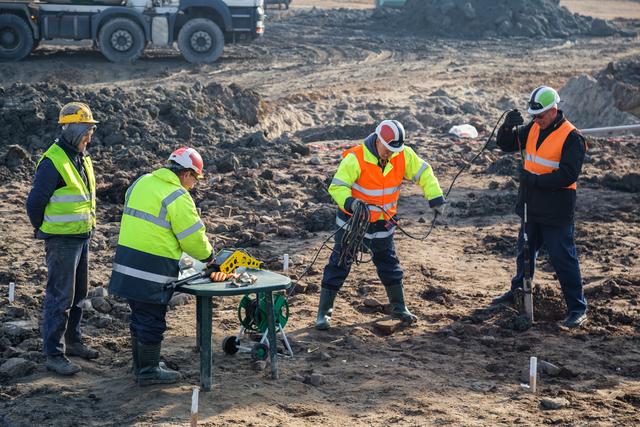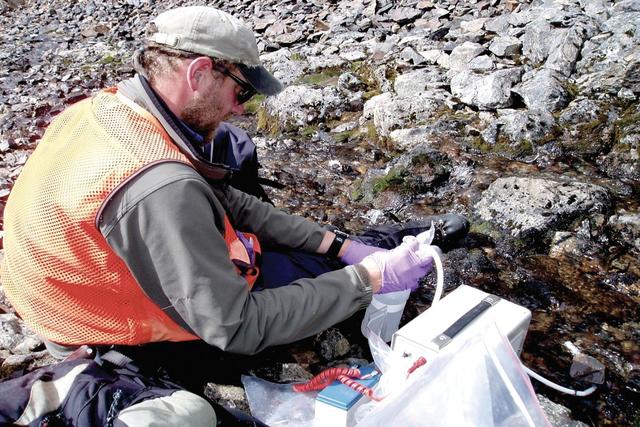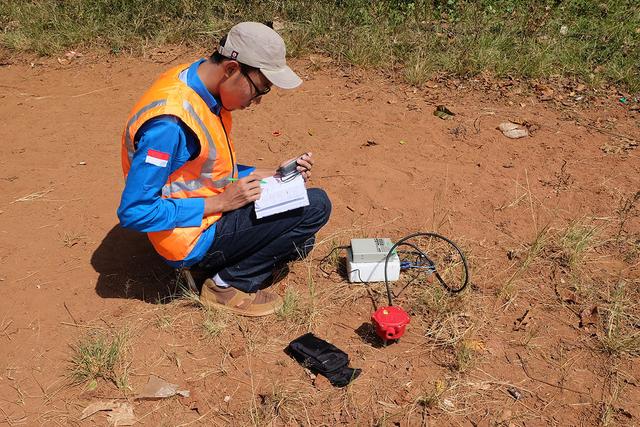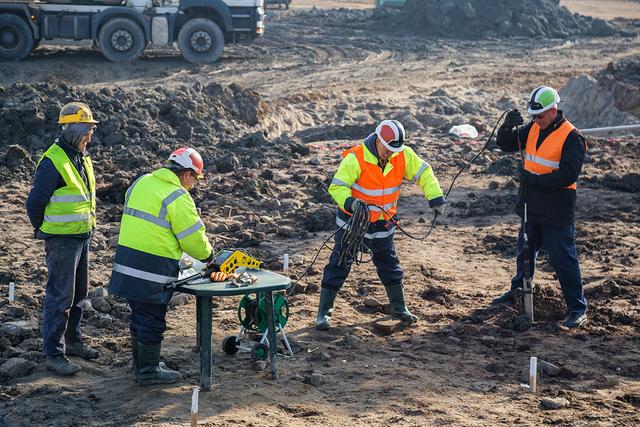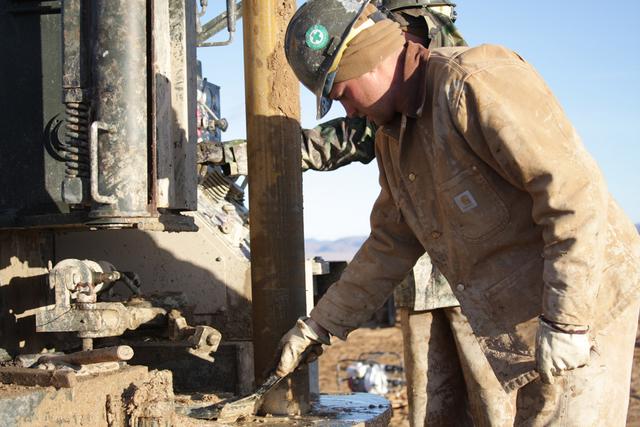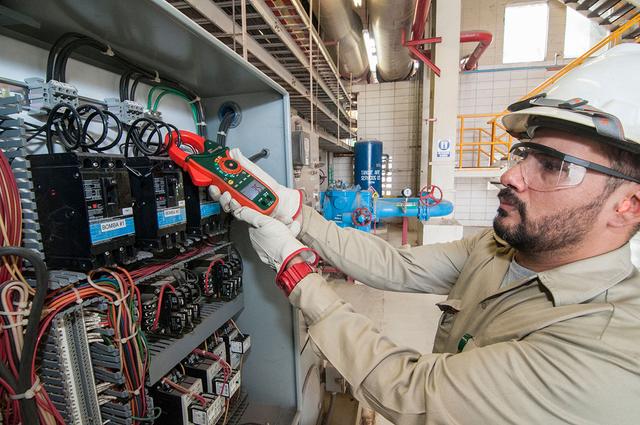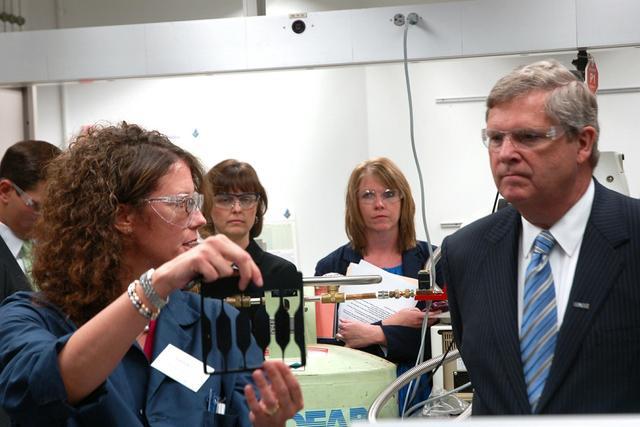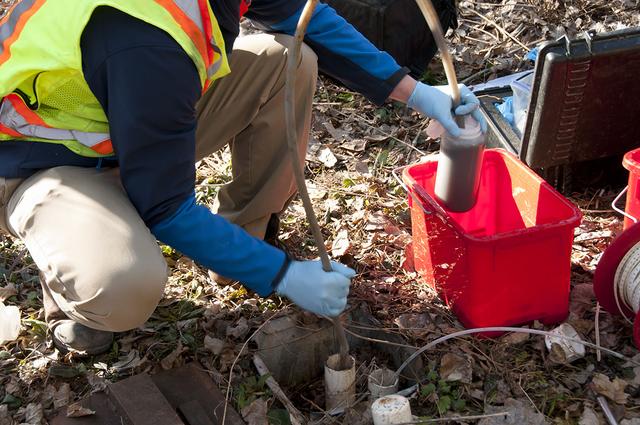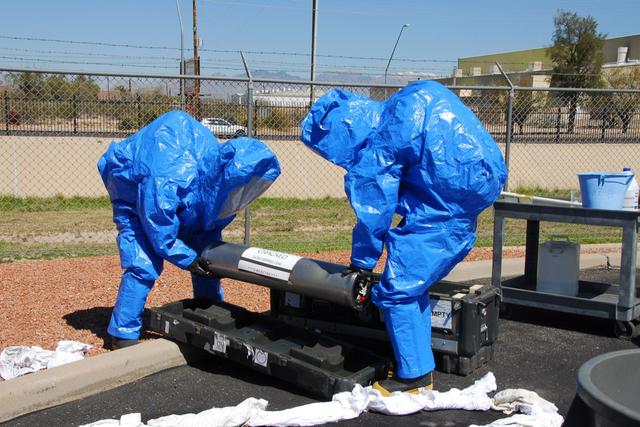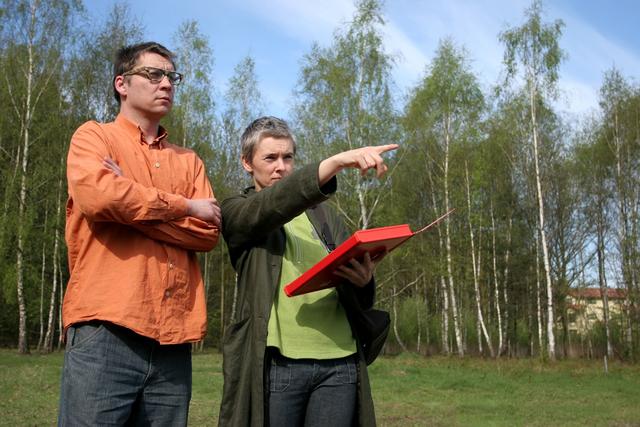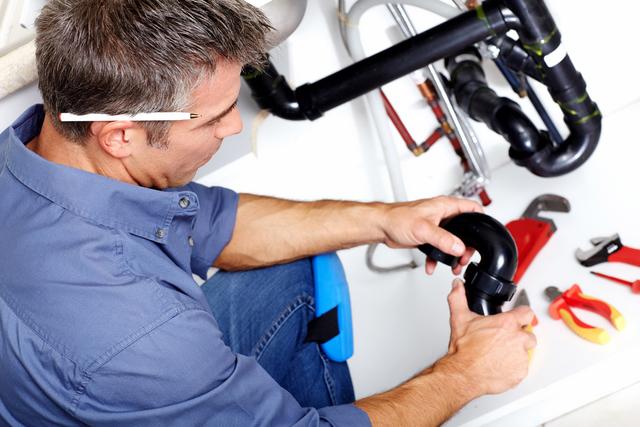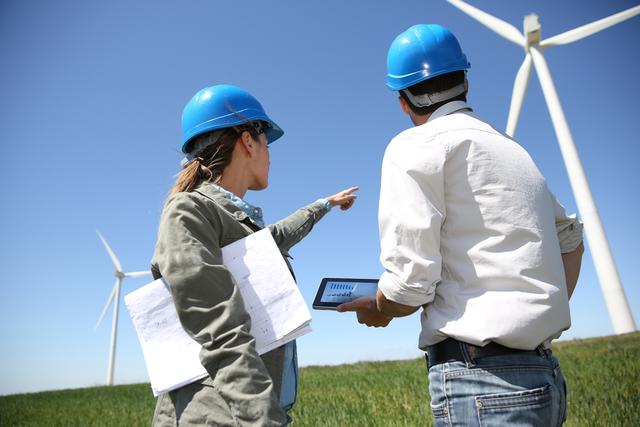Water/Wastewater Engineers
Overview

Introduction
Water/wastewater engineers design and monitor projects that involve potable water provision, wastewater and sewage disposal, and flood damage prevention. They design pumping stations and systems and other aspects of wastewater collection. They also prepare documentation for water resources and environmental regulatory compliance. Engineers also direct and supervise project members including junior engineers, technicians, and other staff. There are 55,800 environmental engineers, the profession group that includes water/wastewater en...
Quick Facts
Median Salary
Employment Prospects
Minimum Education Level
Experience
Skills
Personality Traits
Earnings
Water/wastewater engineers earned a median salary of $63,996 in November 2020, as reported by PayScale.com. Salaries ranged from $54,000 to $84,000 or more. Environmental engineers employed in May 2019 earned a median salary of $88,860, according to the Department of Labor. Salaries ranged from $54,330 or less to $142,070 or more. Those who worked in water, sewage, and other systems averaged $9...
Work Environment
Water/wastewater engineers spend their workdays in water treatment plants, monitoring the operations and systems. They spend time in offices on computers, reading and preparing documents and reports. They also spend time outdoors, monitoring water sources, soil, and groundwater. In larger plants with many employees, they may perform more specialized functions. In some cases, they may be respons...
Outlook
Environmental engineers will have 3 percent employment growth, about as fast as the average for all occupations, through 2029, according to the U.S. Department of Labor (DOL). Job opportunities for water/wastewater engineers will continue to be good due to the increased focus on using water efficiently. There will be employment opportunities for environmental engineers in professional, scientif...
